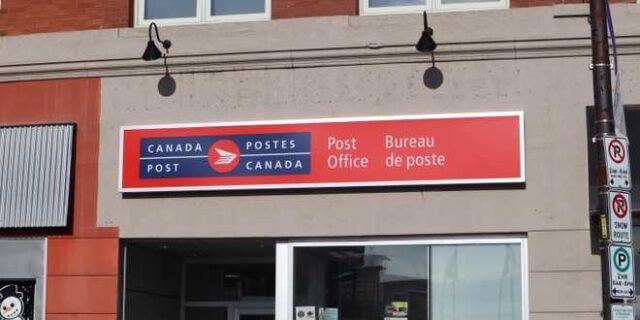Mail service in Canada may resume as early as next week following the federal government’s decision on Friday to intervene in the protracted labour dispute at Canada Post, which has led to nearly a month-long work stoppage.
Labour Minister Steven MacKinnon announced the referral of the dispute to the Canada Industrial Relations Board. The board is tasked with determining whether a deal is achievable before the end of the year. If not, the board could order the nearly 55,000 postal workers back to work under an extended contract set to expire on May 22, 2025. In parallel, MacKinnon plans to appoint an industrial inquiry commission to explore the issues underlying the impasse and recommend solutions by May 15.
“We’re calling a time out,” MacKinnon stated during a news conference in Ottawa. He characterized the negotiation process as a “total impasse,” noting that positions on both sides had hardened.
Earlier in the month, a federally appointed mediator withdrew from the talks, citing an inability to bridge the significant gaps between Canada Post and the union. Since then, according to MacKinnon, negotiations have further deteriorated.
Citing powers under section 107 of the Labour Code, the government moved to compel action from the board. This follows similar interventions earlier this year in disputes involving Canada’s railways and ports. Critics, including labour advocates, have expressed concerns over such measures, arguing they undermine workers’ bargaining rights. This time, however, MacKinnon described the government’s approach as “more restrained,” avoiding immediate binding arbitration and leaving room for negotiation.
Business groups welcomed the government’s intervention, as many had been vocal about the economic strain caused by the mail disruption. Small businesses, in particular, have reported significant losses, with the Canadian Federation of Independent Business estimating a combined daily loss of $100 million. CFIB president Dan Kelly stated, “While this is too late to salvage the Christmas season, the resumption of mail is critical for businesses waiting on payments.”
Despite support from business leaders, the postal workers’ union condemned the government’s action. The Canadian Union of Postal Workers released a statement calling the move “an assault on the right to collective bargaining,” accusing the government of enabling employers to avoid negotiating in good faith.
On the picket lines, reactions were mixed. Striking worker Kirk Gonnsen expressed disappointment in both Canada Post and the government but acknowledged that returning to work would ease financial pressures for employees. Another union member, Denise Caster, criticized Canada Post for failing to negotiate earnestly. “We all want to get back to work,” she said. “But we hoped it would be with a fair contract.”
Canada Post, for its part, stated it is reviewing the government’s announcement and reiterated its commitment to reaching a negotiated agreement.
The prolonged work stoppage has affected Canadians in myriad ways, from delays in the delivery of passports and health cards to disruptions in business operations and correspondence. MacKinnon highlighted the backlog of essential documents, including 50,000 permanent resident cards and 190,000 passports yet to be mailed, alongside over 1.65 million pieces of correspondence held by the Canada Revenue Agency.
As the government attempts to navigate a path forward, MacKinnon acknowledged the complexity of the issues at hand, including the need to address structural changes in the postal industry and workers’ aspirations. “These are tough issues to reconcile,” he said. “But we’re hopeful this process can provide a way forward that works for everyone involved.”





































